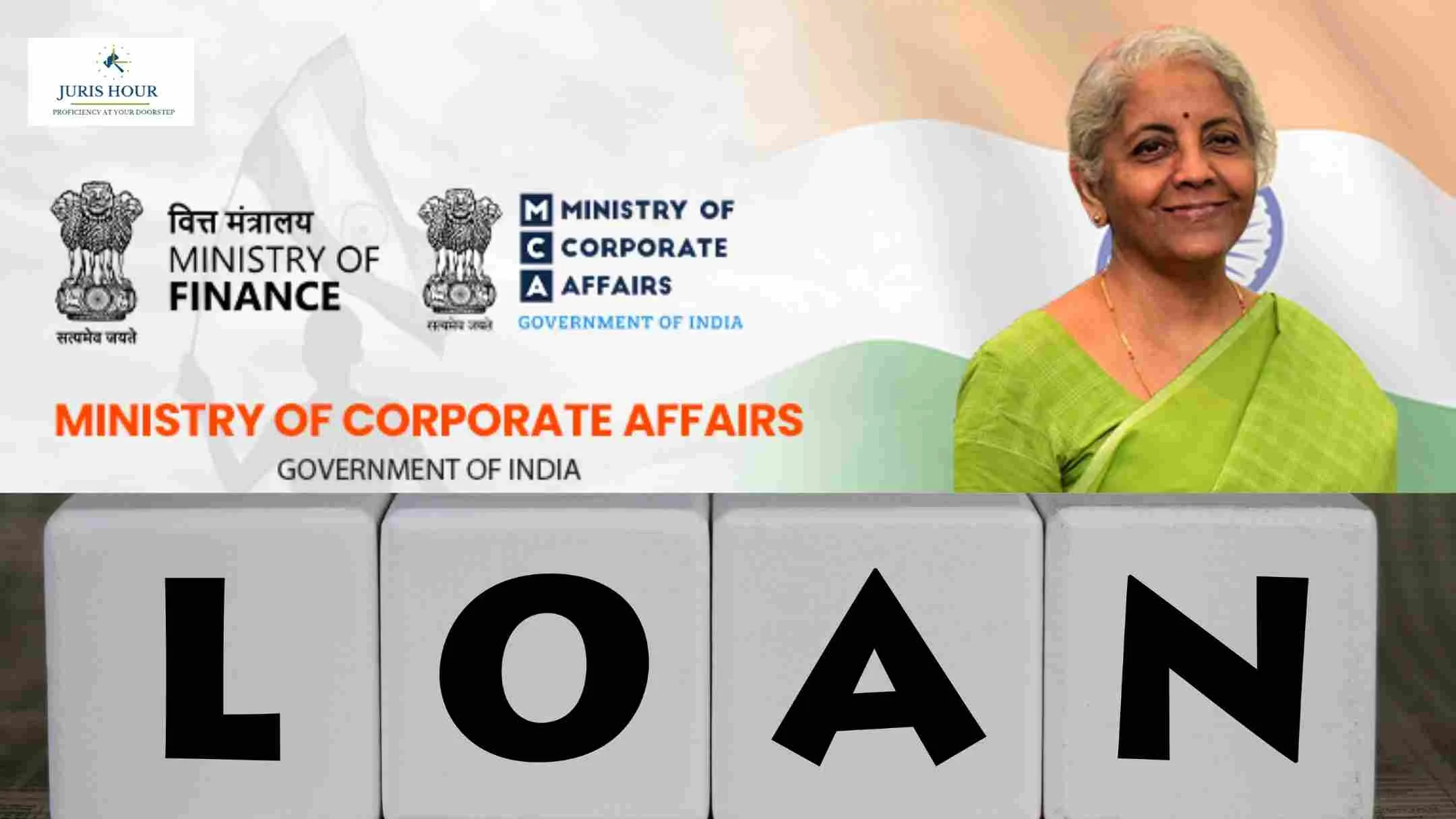A significant policy rift has emerged between two key arms of the Union Government over the treatment of loan waivers granted under the Insolvency and Bankruptcy Code (IBC).
The Ministry of Finance (MoF) has rejected a major recommendation by the Ministry of Corporate Affairs (MCA) to exclude such waivers from being treated as taxable income under the proposed Income Tax Bill, 2025 — despite both ministries being headed by Union Finance Minister Nirmala Sitharaman.
The disagreement was documented in the report of the Select Committee on the Income Tax Bill, 2025, tabled in Parliament on July 21. The MCA, during committee deliberations in April, had urged that loan waivers arising from resolution plans approved under the IBC should not be considered as income for taxation purposes. The rationale: such a tax treatment defeats the primary objective of the IBC — revival of distressed companies and faster debt resolution.
Corporate Revival vs. Revenue Realisation
The MCA contended that recognising waived loans as taxable income could discourage potential resolution applicants and jeopardise the financial recovery of stressed firms. Quoting past practice and legal precedents, the MCA noted that prior to 2023, such waivers were not treated as taxable cash receipts. In its submission, the MCA referred to the landmark Supreme Court decision in Mahindra & Mahindra (2018) and urged the Finance Ministry to reconsider the tax implications now formalised in the draft Bill.
“The IBC was designed to provide a path for resolution, not to penalise distressed firms further,” the MCA’s Secretary stated in the Select Committee report, arguing that subjecting loan waivers to income tax would undercut the code’s effectiveness.
Finance Ministry Holds Its Ground
The Finance Ministry, however, declined the request, citing the proposal as a “policy change” outside the purview of the current legislation. In a detailed justification, it said existing provisions — including amended Section 79 of the Income Tax Act, 1961 — already provide sufficient relief by allowing stressed companies to carry forward accumulated losses despite changes in shareholding during resolution.
According to the ministry, if a company undergoing Corporate Insolvency Resolution Process (CIRP) genuinely faces financial distress, its carried forward losses can offset the taxable income from any loan waiver. But if no such losses exist, the waived amount should be taxed as it could otherwise result in “unjust enrichment.”
The ministry also relied on accounting principles under Indian Accounting Standards (Ind AS 109) and earlier High Court judgments — including Solid Containers Ltd. v. DCIT and Logitronics (P.) Ltd. v. CIT — that treated waived loans as income in the profit and loss account.
Industry Reactions: “A Missed Opportunity”
Industry stakeholders and tax experts have criticised the Finance Ministry’s decision as a missed opportunity to make the IBC more effective. They argue that treating loan waivers as income imposes an additional tax burden on resolution applicants — discouraging bids and making resolutions more expensive or financially unviable.
Ajay Rotti, founder of tax advisory firm Tax Compaas, said the MCA’s recommendation had long been sought by industry players. “Loan waivers are often central to resolution plans, and taxing them reduces both the incentive for bidders and the funds available for turning companies around. It also risks reducing recoveries for creditors,” he said.
Analysts warn that buyers of distressed assets may now lower their bid values to account for tax liabilities, ultimately affecting creditor recovery under IBC.
A Divergence in Vision
The broader policy disagreement is striking given that the IBC itself was a collaborative reform introduced jointly by the MoF and MCA in 2016 to resolve insolvencies in a time-bound manner. While the MCA continues to push for reforms that enhance resolution effectiveness, the Finance Ministry appears increasingly concerned with safeguarding revenue and preventing potential misuse.
This divergence has sparked debate within policy and legal circles on whether the current tax framework truly aligns with the objectives of economic revival and ease of doing business.
What Lies Ahead
Unless the Cabinet or Parliament makes changes before the Income Tax Bill, 2025 is enacted, companies acquiring distressed assets under IBC will need to factor in tax costs on any loan waivers they receive. This development could reshape how investors approach insolvency resolution in India.
For now, the balance between fiscal prudence and corporate recovery remains at the heart of the ongoing tug-of-war between the MoF and MCA — two powerful ministries, now at odds over the future course of one of India’s most ambitious financial reforms.
Read More: No Need to Warehouse Goods Shipped Before Authorisation If Cleared After Approval: DGFT

